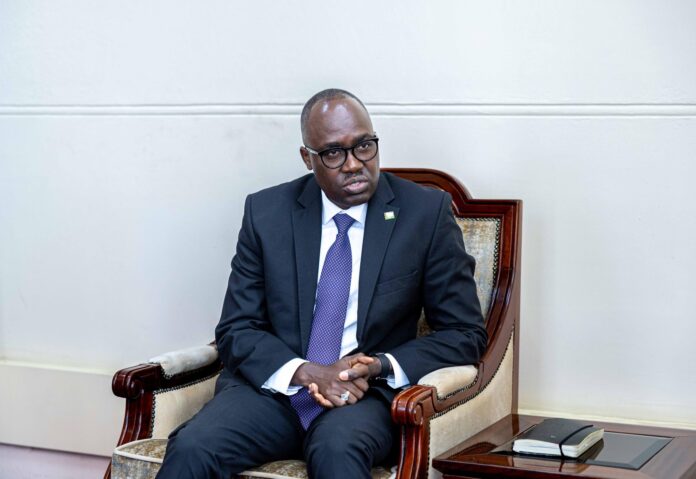Kenya’s Principal Secretary for Foreign Affairs, Dr. Abraham Korir Singoei, has issued a public apology after unknowingly sharing an AI-generated video that falsely appeared to be a commentary by CNN’s Fareed Zakaria. The video, which addressed the ongoing search for peace in the Sudan conflict and Kenya’s role in it, was later identified as a deepfake, prompting swift backlash from online observers.
In a statement released on X, Singoei expressed regret for the oversight, saying, “I sincerely apologize for inadvertently posting an AI-generated video disguised as genuine commentary. I regret any confusion this may have caused.” He extended gratitude to those who flagged the video as artificial, acknowledging their vigilance in uncovering the deception.
The incident has spotlighted growing concerns over the proliferation of AI-generated content and its potential to mislead the public. Singoei revealed that the Ministry of Foreign Affairs has already been collaborating with partners and technology companies to address such challenges. One proposed solution, he noted, is the development of watermarking techniques for AI-generated material to distinguish it from human-created content. “We are working to ensure that such material does not pose as authentic,” he explained.
In a proactive move, Singoei announced the creation of the School on AI Diplomacy (SAID) at the Foreign Services Academy, a forthcoming program designed in partnership with big-tech firms and other stakeholders. The initiative aims to equip policymakers with the skills needed to navigate the complexities of artificial intelligence in diplomatic and public spheres. Singoei himself plans to participate in the program, underscoring its importance. “We are designing SAID to better prepare policymakers for these emerging challenges,” he said.







